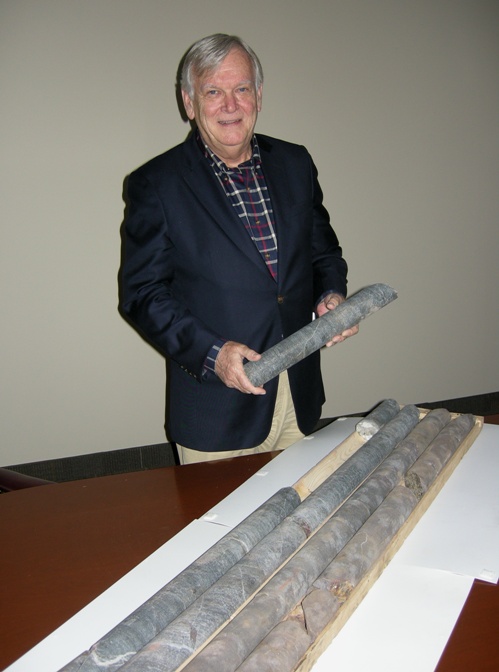The Daily Press is the city of Timmins broadsheet newspaper.
TIMMINS – Caribou conservation efforts for the Abitibi River Forest will cost local forestry companies more than $100 million in reduced annual gross sales. That is collectively a quarter in lost profits for the seven mills and six independent operators that have harvesting rights on the Abitibi River Forest.
Local communities are similarly expected to be impacted by immediate reductions of 20 to 25% in harvest areas, according to the 10-year Abitibi River Forest management plan which comes into effect April 1.
The plan acknowledges, the reduction “will potentially provide less economic benefits … due to direct correlation with available harvest volumes. As a result, the lower volumes translate into reduced manufacture of primary products, less taxes and less employment opportunities.”
The mills that operate on the Abitibi River Forest include the Tembec mill in Cochrane, the AbitibiBowater paper mill in Iroquois Falls, Little John Enterprises in Timmins and EACOM Timber Corporation’s sawmills in both Timmins and Gogama.
It is noted in the plan that local mills may not have “the operational flexibility they have been accustomed to in recent years, nor does it allow for significant increases in primary production capacity.”























